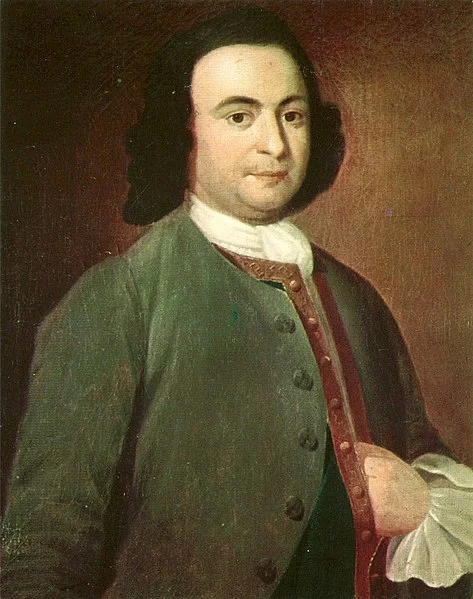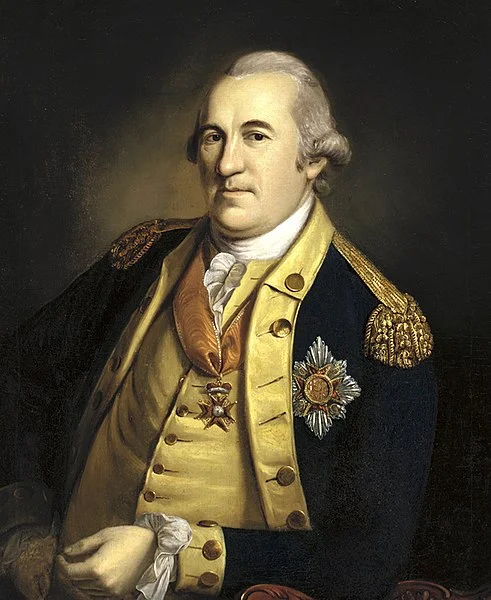George Mason and His Reasons for Not Signing The Constitution
George Mason was an important, albeit reluctant, Founding Father. He was held in the highest esteem by many of the most important Founders and his contributions forced the creation of the Bill of Rights. However, he left the Constitutional Convention without signing the famous document.
Revolutionary Virginian
George Mason had one of the most respected minds in Virginia.
His fellow Virginians wanted him to serve in the House of Burgesses. For years Mason would refuse to run for office. Many times, he was elected anyway. George would frequently be absent. His reason being that he was a single parent with nine children and was also a very sickly man.
That’s not to say Mason did not do his part.
When a new government was needed in his State, many constitutions were submitted for consideration. George Mason’s was quickly determined to be the best and was approved.
At the same time, Mason wrote Virginia’s Declaration of Rights. The influence of this document is hard to overstate. Thomas Jefferson referenced Mason’s Declaration of Rights just a few months later when writing the Declaration of Independence. The most notable line, “all men are born free and equally independent,” was one of many ideas his friend Jefferson would paraphrase while creating the Founding Document of the United States.
Constitutional Convention
George Mason was elected to represent Virginia in the Constitutional Convention. This seems to be one of the few times he willingly accepted an office.
It would be the only time in his life Mason traveled further than Maryland.
George was an active participant in the creation of the new government. Closing in on the end of the Convention, however, Mason had several concerns. He was one of only three men present who refused to sign the U.S. Constitution.
Feeling that the Constitution was approved in haste to complete the mission, Mason wrote and published Objections to this Constitution of Government. This work would be one of the primary sources used by Anti-Federalists during the ratification process.
Objections
The first sentence of Mason’s Objections became the rallying cry of the Anti-Federalist cause: “There is no Declaration of Rights.”
Having written a Declaration of Rights himself for Virginia, this was something he considered extremely important. Most of the other States had used his Declaration as the basis of their own (like I said, it was extremely influential), and when his efforts to have one put in the Constitution were turned down he thought the new government would slowly eat away at the inferior State Declarations of Rights.
These arguments would be so powerful that during the first session of Congress, the Bill of Rights would be written to alleviate the concerns Mason had put into much of the population.
Some of the other objections are interesting to note.
Mason thought the Judiciary Branch would override the state governments and make their laws pointless.
He worried about the lack of what he called a Constitutional Council, or what we now call the Cabinet. Mason said that because of this omission, the President, “will therefore be unsupported by proper information and advice and will generally be directed by minions and favorites.”
Additionally, Mason criticized, “that unnecessary officer the Vice- President, who for want of other employment is made president of the Senate.”
There are many other concerns George Mason listed in his Objections that are interesting to the modern eye. Over the years, many of them have been addressed and corrected while others have been ignored. However, it is important to remember that many of the rights Americans today cling to as sacred, we would not even have been in the Constitution if it were not for the loud clamoring of an angry George Mason.
If you enjoyed this article, there is a lot more information about George Mason to learn. Pick up one of these biographies from Amazon, our affiliate bookseller.







